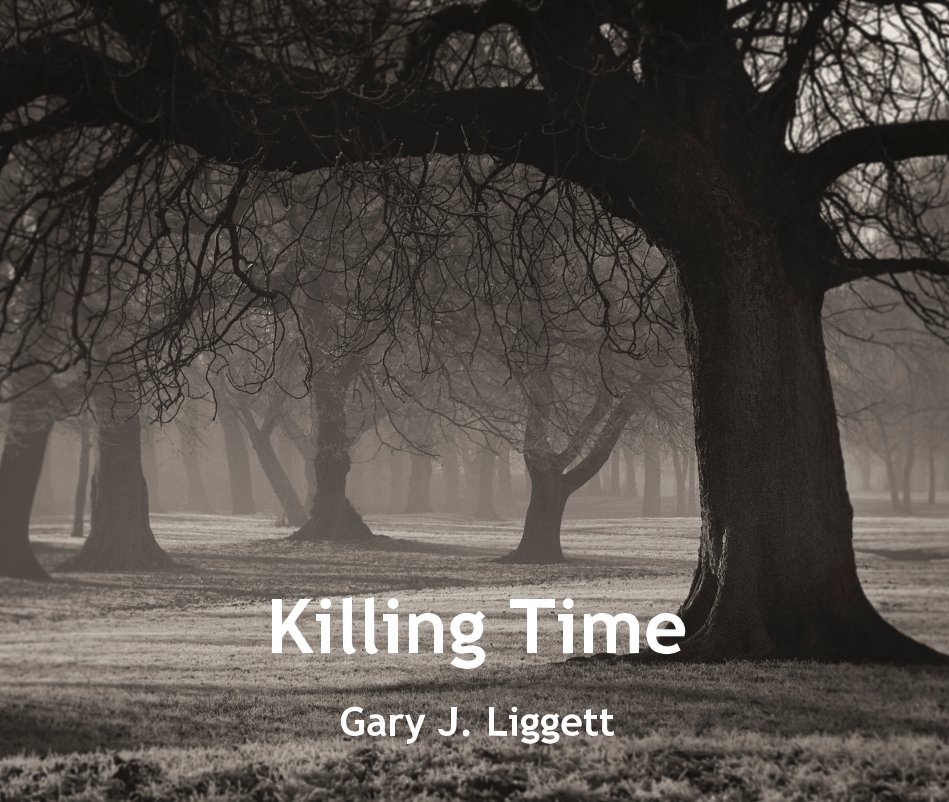Acerca del libro
Killing Time is a much anticipated collection of Gary Liggett’s dramatic and sensitive interpretations of one of the most significant battlefields of the second English Civil War.
Three and a half centuries later, Liggett used old maps to rediscover precise locations where the battles took place in and around Preston, England. In his own words: “I wanted to capture moments in time; the very essence of the landscape in areas once ravaged by human conflict - but which have remained unspoiled over the centuries - in order to portray emotions the earth may have recorded in those places, as if it had somehow recorded death’s memory.”
The images were produced using early photographic methods and toning techniques. These breathe serendipitous imperfections and atmosphere into the works, collectively transporting the viewer to another time. The photography took place through the changing seasons, which Liggett uses as a visual metaphor for the passing centuries, and a conduit for the passage time itself. He says: "The arrogance and eventual futility of individuals’ in frequently flawed decision-making, indeed the comparative smallness of humanity itself, are eventually erased over time like an ancient empire."
Three and a half centuries later, Liggett used old maps to rediscover precise locations where the battles took place in and around Preston, England. In his own words: “I wanted to capture moments in time; the very essence of the landscape in areas once ravaged by human conflict - but which have remained unspoiled over the centuries - in order to portray emotions the earth may have recorded in those places, as if it had somehow recorded death’s memory.”
The images were produced using early photographic methods and toning techniques. These breathe serendipitous imperfections and atmosphere into the works, collectively transporting the viewer to another time. The photography took place through the changing seasons, which Liggett uses as a visual metaphor for the passing centuries, and a conduit for the passage time itself. He says: "The arrogance and eventual futility of individuals’ in frequently flawed decision-making, indeed the comparative smallness of humanity itself, are eventually erased over time like an ancient empire."
Ver más

